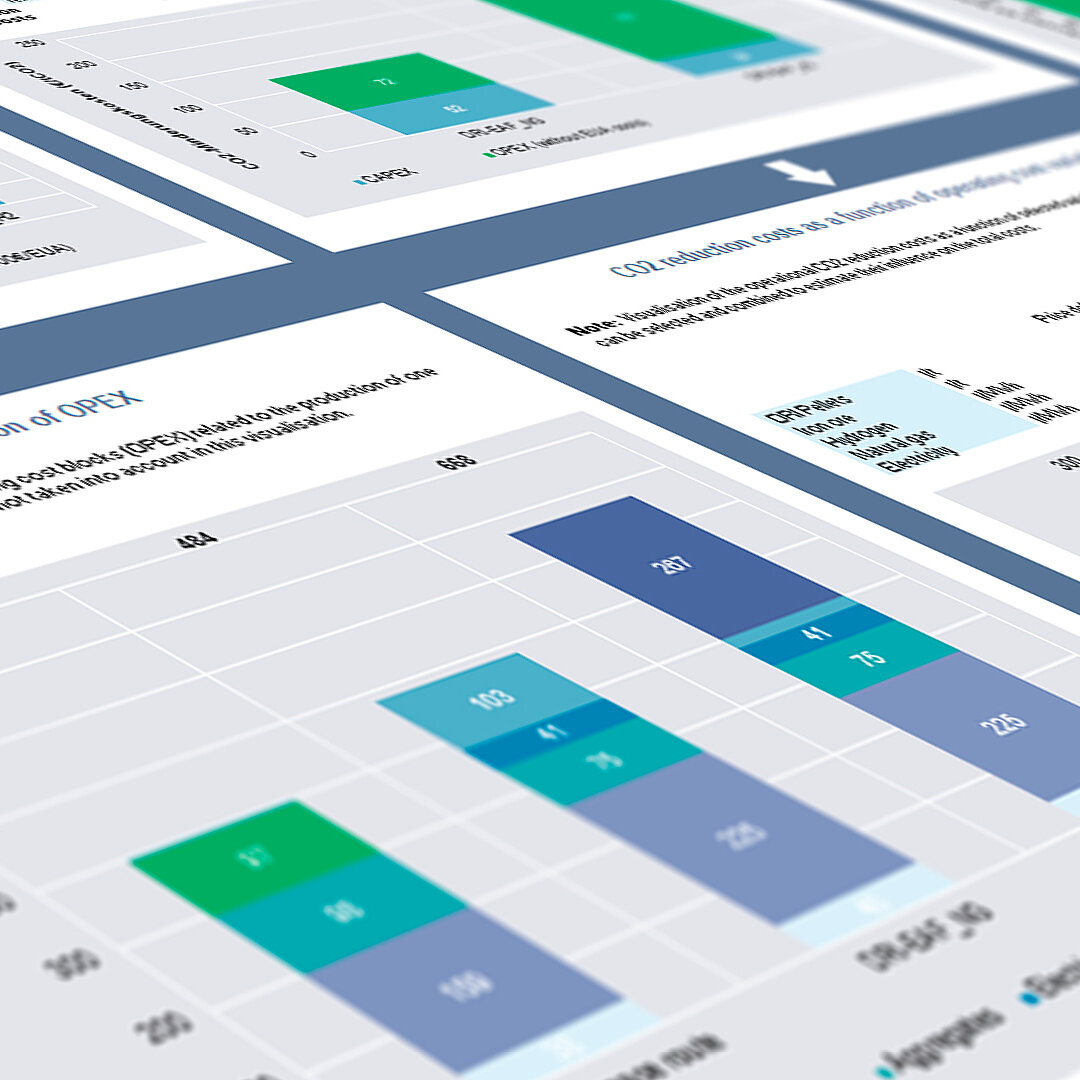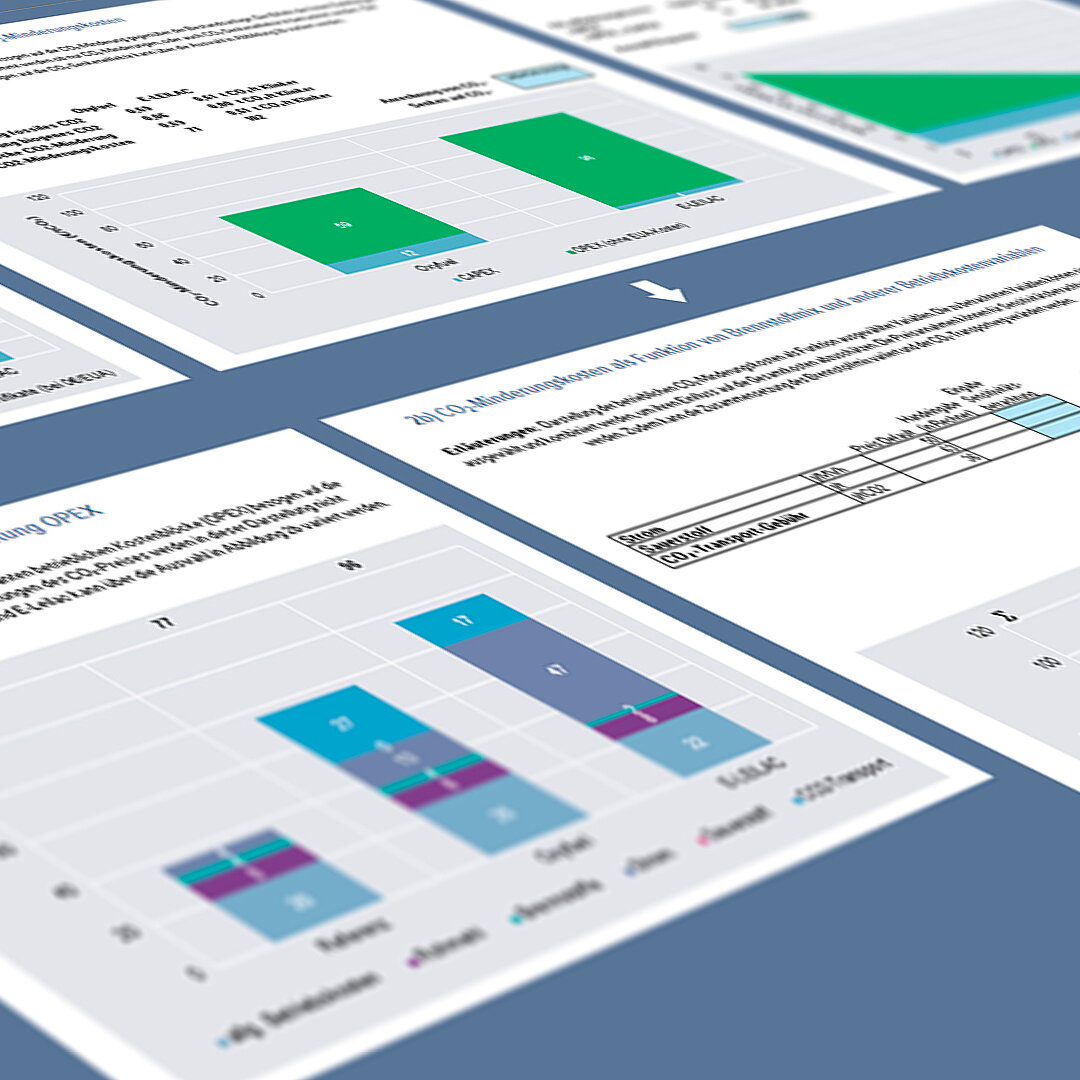This content is also available in: German
Carbon contracts for difference to boost green steel
The fossil energy crisis increases the urgency to put the steel industry on course for climate neutrality. To secure the transformation and position the industry for the future in the global competition, so-called carbon contracts for difference must be introduced quickly.

The so-called carbon contracts for difference (CCfD) are key to accelerate investments in green steel production. CCfDs help secure the required investments for European industries in the global race to clean technologies. As such, they can effectively contribute to Europe’s response to the US green subsidy package, the “Inflation Reduction Act” (IRA).
Government funding needed in this decade for the operation and construction of climate-friendly production facilities in Germany could fall to 8.3 billion euros instead of the previously assumed 12.9 billion, a recent study by Agora Industry finds.
The main reason for the falling costs of the steel transition are higher fossil fuel costs and a rising carbon price in Europe. The conventional steel production gets more expensive and, accordingly, the cost difference to green steel smaller. Additionally, climate policy decisions in Brussels and Berlin – such as the planned phase-out of the free allocation of CO₂ certificates for the steel industry within the framework of a Carbon Border Adjustment Mechanism (CBAM) – create more favourable conditions for the transition.
"The conventional blast furnace route to steel production is coming under increasing pressure as prices for fossil fuels and emission rights rise sharply," says Frank Peter, director of Agora Industry. "The energy crisis makes the transformation of industry to climate neutrality even more urgent,” says Peter. At the same time, this can also accelerate change, as the rapid expansion of renewable energies and the development of a hydrogen economy become more important against the backdrop of increasingly uncertain fossil gas supplies. “Carbon contracts for difference are the best instrument in times of crisis to secure investments in a climate-neutral industry,” Peter affirms.
“One of the advantages of carbon contracts for difference is that they are linked to the carbon price. The public funds needed decrease with successful climate policy. The financing requirements under the CCfDs therefore depend above all on the reform of the EU emissions trading system and on how successful the EU is in establishing green lead markets,” Peter adds.
The study "Transforming industry through carbon contracts. Analysis of the German steel sector." has been published in cooperation with the consultancy Future Camp, the Ecologic Institute and the Wuppertal Institute. The 82-page publication contains calculations on the costs and financing of steel transformation through carbon contracts for difference and is available for free download below.




